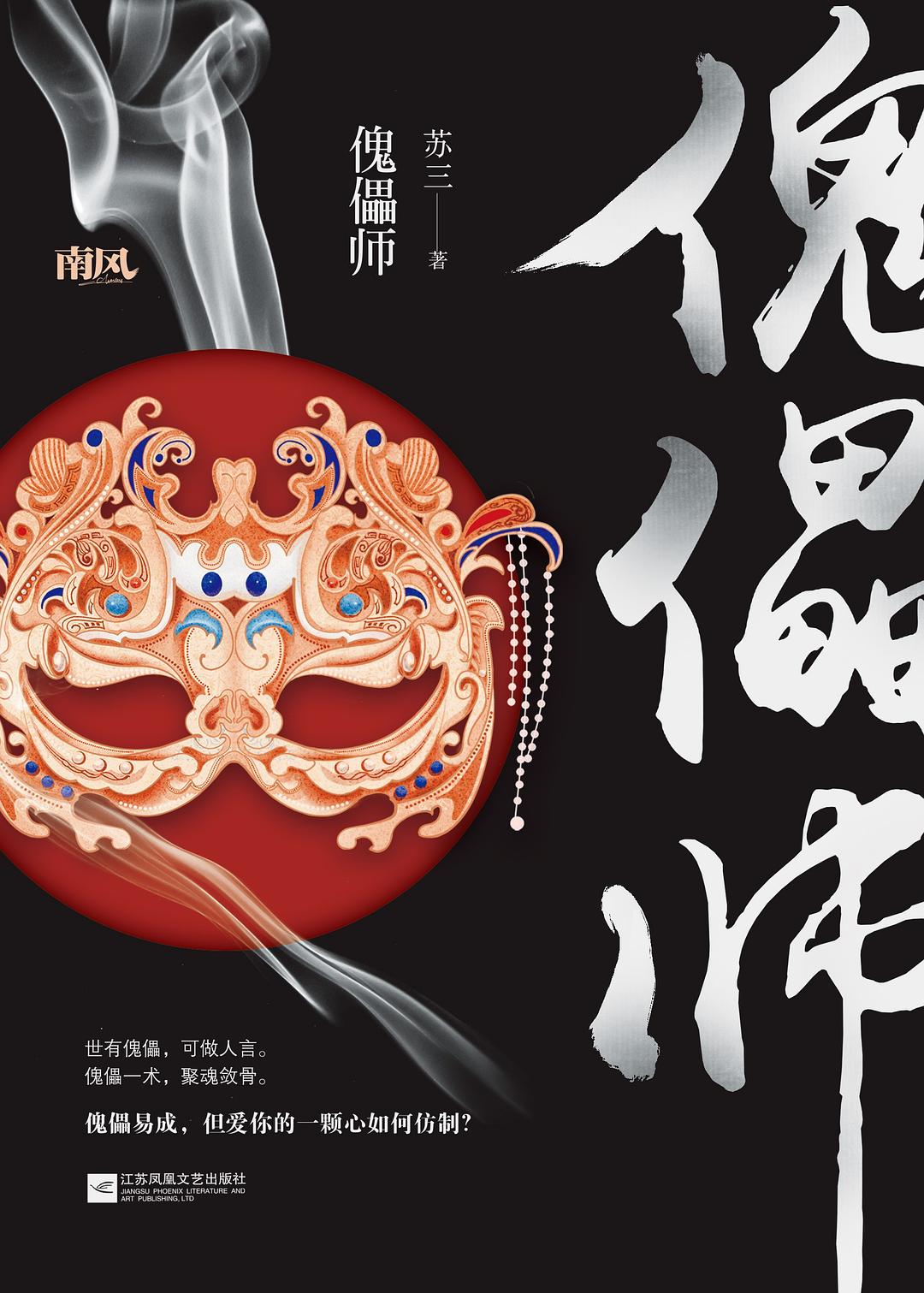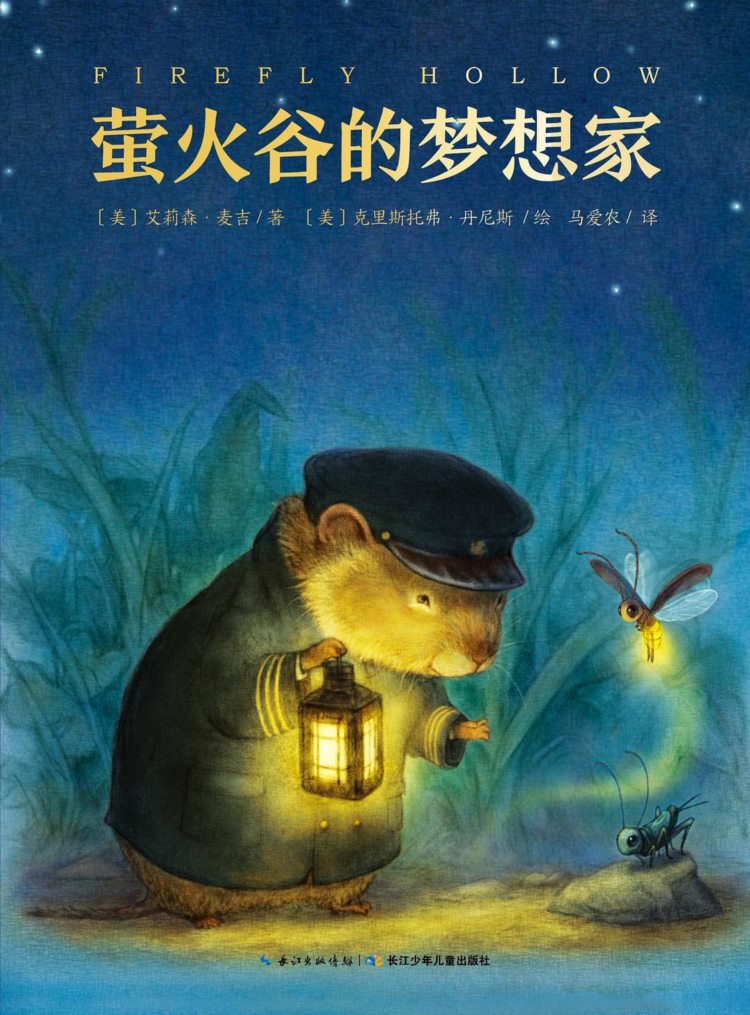英语翻译莎士比亚创造了英国戏剧的“珠峰”之后,英国戏剧又回复到其平庸的状态.更极端的是,其间竟有几段“空白”.英国戏剧史?
网友回答
During Shakespeare’s lifetime, British drama experienced several climaxes but later became mediocre. In fact, at certain intervals, such as the "three thirty years," drama was completely absent from British life. The first period, from 1616 to 1642, was during the tumultuous British Civil War, when the pilgrims closed all London theaters by parliamentary decree, fearing the democratic and aristocratic elements that dramas could propagate. As a result, all theaters nationwide were subsequently banned from operation, stunting the emergence of English drama that had flourished during the Renaissance. The legislative laws issued by Parliament and Henry Fielding's banishment from the theatrical world led to a second thirty years (1737-1769), during which the growing bourgeois’ discontent towards the feudal parts of the nation and criticism of playwrights caused numerous theater closures. As a result, plays faded away with time.
During the Romantic period (1798-1832), the composition and staging of drama stagnated, and many of the “dramas” at the time were actually poems with no potential for performance. Although some “regional dramas” emerged during the regency period, they defiled the standards of traditional theatrical plays and deviated from the moral standards of society.

梦魇前夜 2023-06-14 02:56:46
1
0
相关推荐
萤火谷的梦想家
艾莉森•麦吉出生于1960年,是美国《纽约时报》畅销书作家,同时也是大都会州立大学创意写作课的教授。她的作品被翻译成20多种语言并出版,也曾被提名普利策奖,并获得苏斯博士奖金奖、克里斯托弗图书奖、美国 [美]艾莉森•麦吉/[美]克里斯托弗•丹尼斯/绘 2023-03-27 16:50:25鬼马女神捕1·绝密卧底(上)
腹黑凤凰vs毒舌鸡妖——蓝翎:“小姬,跟我去人界吧!”姬十四:“干吗?让人宰了我做小鸡炖蘑菇吗?”蓝翎:“不啊,让妖怪宰了你做小鸡炖蘑菇更气派。”凤凰蓝翎和鸡妖姬十四生活在无忧无虑的灵界。他们的故乡叫 郝天晓 2023-04-17 00:22:47© 2023-2025 百科书库. All Rights Reserved.












我来回答